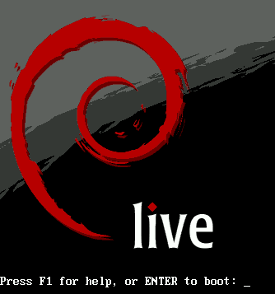 Mozilla wants to shed itself of Thunderbird, its popular cross platform email client. Although widely used on GNU/Linux, OS X and on Windows, the organization now seems to pretty much view it as a liability.
Mozilla wants to shed itself of Thunderbird, its popular cross platform email client. Although widely used on GNU/Linux, OS X and on Windows, the organization now seems to pretty much view it as a liability.
According to Mozilla executive chairperson Mitchell Baker in a company-wide memo written Monday and widely published online, the Thunderbird project is now seen as a “tax” by Mozilla because it distracts and takes time away from the organization’s software engineers.
Christine Hall has been a journalist since 1971. In 2001, she began writing a weekly consumer computer column and started covering Linux and FOSS in 2002 after making the switch to GNU/Linux. Follow her on Twitter: @BrideOfLinux


 Members of the popular
Members of the popular 

 Reading the post, you might be excused for thinking it’s not all wine and roses over in Debian-land. “Debian can be great,” Baumann wrote. “But depending on who you are, where you come from, and who your friends are, Debian can also be hateful and full of deceit.”
Reading the post, you might be excused for thinking it’s not all wine and roses over in Debian-land. “Debian can be great,” Baumann wrote. “But depending on who you are, where you come from, and who your friends are, Debian can also be hateful and full of deceit.”
 The odd thing was that if you didn’t know that attendance was up, you might’ve thought that the numbers were actually going down.
The odd thing was that if you didn’t know that attendance was up, you might’ve thought that the numbers were actually going down.
